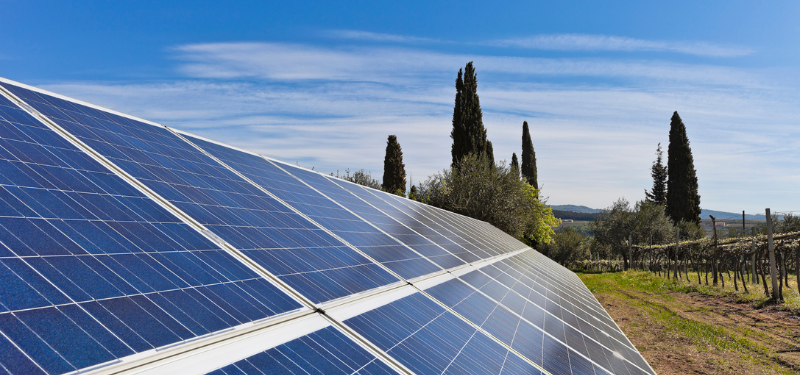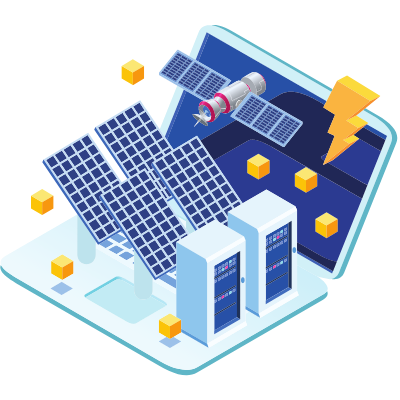
We have just completed another stage of “LOBSTER”, our research and development project. For this project, we are creating a system supporting energy management in Local Balancing Areas. LOBSTER meets the needs of power grid operators who face the challenges of introducing increasing amounts of energy from renewable sources into the grid. The project is co-financed by the European Regional Development Fund and it was launched in April 2021.
LOBSTER – a solution for renewable energy
For the past few years, we have been observing a dynamic growth in the number of prosumers in Poland and an increase in the share of energy from renewables in the country’s energy balance. According to the report of the Polish Energy Regulatory Office (URE), at the end of 2021 in Poland, there were 847 192 micro-installations belonging to prosumers who produced a total of 2 688 000 MWh of energy. This is a huge volume of energy from distributed and unstable sources introduced into the grid. Operators must consider this to safely manage the power system. LOBSTER provides a solution to this problem.

The solution proposed by Globema in cooperation with ICM proposes creating controlled Local Energy Balancing Areas (LOBs) taking into account renewable energy generation from many small sources, as well as energy storage and e-mobility infrastructure. The LOBs will be used to analyze and predict energy flows based on local energy production and demand. We will also develop an IT system, LOBSTER, to enable distribution system operators (DSOs) to:
- conduct local energy balancing at points of exchange with the network of the transmission system operator (TSO)
- achieve technical feasibility of contracts
- maximize RES production
- provide system services related to demand regulation or energy production

First results
The initial stages of the project have come to an end. We have explored the most effective methods to improve the accuracy of short and ultra-short-term weather forecasts. The results of the research indicated the highest effectiveness of methods using ML (Machine Learning). Moreover, they proved to be the most promising in terms of their ability to further improve the precision of production forecasting.
We also developed a domain model for the operation of the Local Balancing Area (LOB). According to the project requirements, this stage needed to be carried out in cooperation with a network operator – in our case, Polenergia Dystrybucja Sp. z o.o. and Wodociągi Słupsk Sp. z o.o. (which manages the Słupsk Energy Cluster).

We are continuing our work on the project. Its completion is planned for the end of 2023. The LOBSTER project is carried out by Globema in partnership with The Interdisciplinary Center for Mathematical and Computational Modelling of the Warsaw University, with which we also cooperate on the 4RES and prognOZEr projects.











